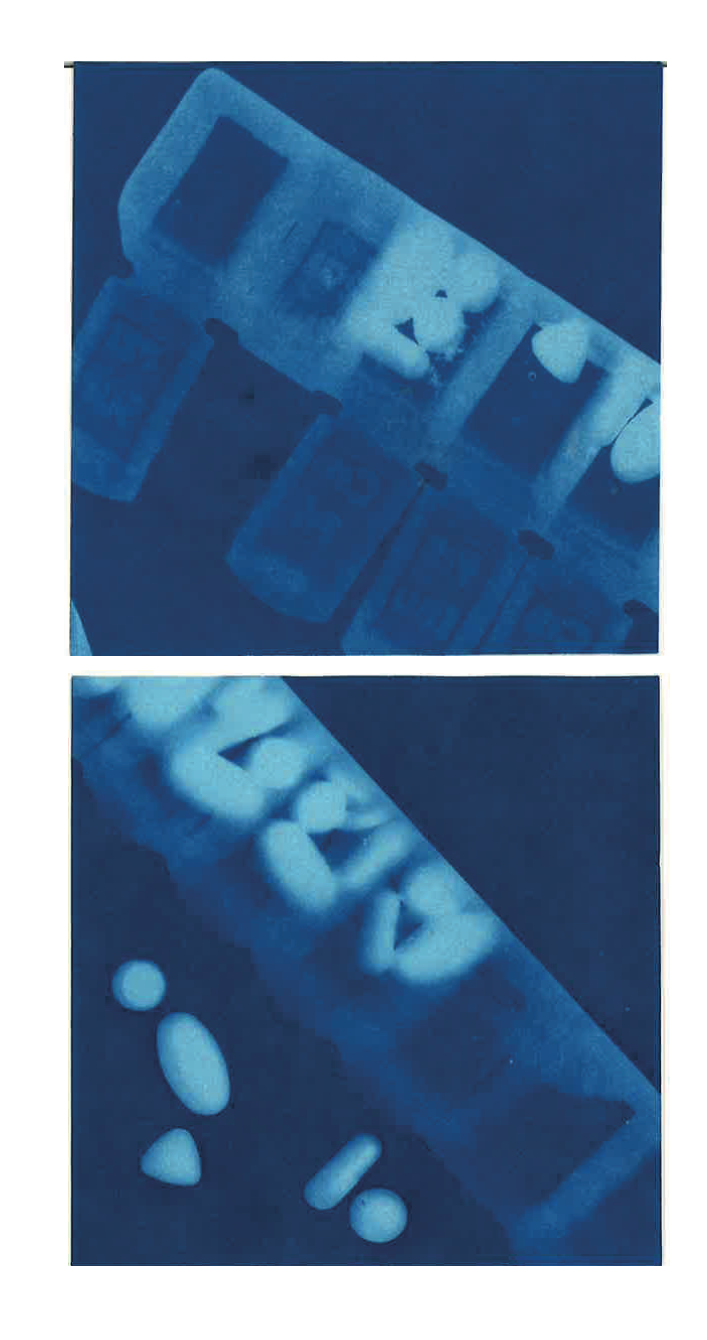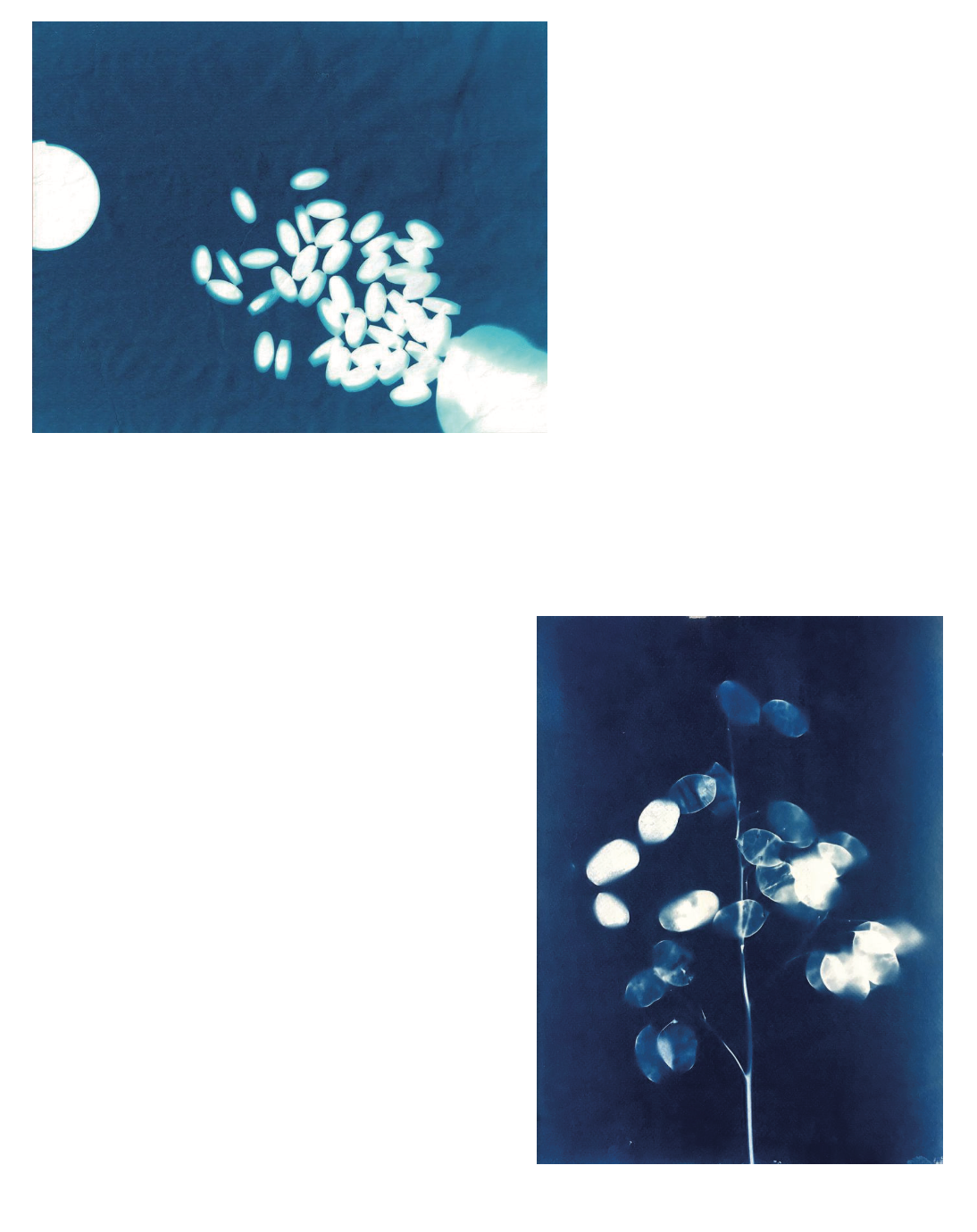There’s a certain silence to sickness that lives inside the walls of your home, particularly the bathroom cabinet. Mine is filled with amber bottles and white labels, some faded with time, others freshly printed like unwelcome guests. Each container carries a name I didn’t choose, but somehow belongs to me now. These medicines have become the punctuation of my days: something to swallow before breakfast, something to ease the body into sleep, and countless things in between. Living chronically ill means living by the clock. It’s a regimented rhythm not unlike a ritual — one that doesn’t feel spiritual but mechanical, imposed.
I never thought I’d know the shapes of pills the way children know the shapes of clouds.
Ovals, tiny circles, soft gels.


Each one carries the weight of hope, but also the fine print of warning. Take with food. May cause dizziness. Do not skip doses. What they don’t say is what it does to the soul.
Medication, though often a lifeline, has become a quiet thief. It numbs the symptoms but rarely the grief. I mourn the person I might have been had my body not begun to fail in invisible ways. I’m not dying, not dramatically. I am simply not well. Not being well consistently, indefinitely changes you. It’s like living in a house where something is always leaking, something always needs repair, but the tools are blunt and the manual is vague. Doctors become translators of a language I never asked to learn. Blood tests, diagnoses, adjustments. They speak with confidence, but behind their certainty I hear guesses. Chronic illness has no final chapter, only rewrites. Every improvement is tentative. Every crash feels like betrayal. Sometimes the medication helps. Sometimes it hurts in new ways. Hair falls out, moods shift, my body becomes foreign even to itself. There are days I’m grateful. Modern medicine keeps me functional, present, even hopeful on occasion. But there’s no denying the cost. Not just in money, though that is part of it, but in the slow erosion of spontaneity, of energy, of a sense of control over one’s own flesh and time. There are days I look at my pill organizer and feel as if I’m looking at a calendar of loss. But I take them anyway. Not because I believe they will save me entirely, but because I want to stay. I want to remain stitched into the world, even if the thread is fragile. These small doses are not miracles. They are maintenance. They are the negotiations I make to keep moving forward in a body that does not always want to. And still, amidst the bitterness of side effects and the bureaucracy of illness, I find moments of strange beauty. I’ve learned to notice the light differently. I’ve come to cherish rest not as laziness but as resistance. I’ve grown fierce in small ways. There is poetry even in pain, if only because it demands attention, because it insists that we are still here, still fighting, one pill at a time.
There’s a strange intimacy in knowing your body too well. Not the kind taught in biology classes or explored in adolescence, but a hyper-awareness born of necessity. I know the texture of my fatigue, the particular ache behind my eyes that means my blood pressure has dipped too low, the twitch in my muscles that signals an oncoming flare. This is not paranoia. Hypervigilance is a symptom and a strategy.
Chronic illness trains you to anticipate absence: of energy, of ability, of certainty. The plans you make are always written in pencil. You become an expert in contingencies. What if I can't get out of bed that day? What if the side effects hit harder than expected? What if the prescription doesn’t arrive on time? Hope, too, becomes conditional and even joy arrives cautiously. Chronic illness doesn’t erase happiness—it just changes its shape. I hold these moments gently, knowing they pass.
And then there’s the silence. The public silence around chronic illness is deep and dense. It is not tragic enough for mainstream attention, not dramatic enough to be cinematic, and too uncomfortable to be conversational. It doesn't ask for sympathy, just understanding. And even that feels like too much, some days. But we are many. You just might not see us. We walk among you with pain stitched beneath our clothes, medications rattling softly in our bags. We smile because we’ve learned that health is not a prerequisite for humanity. Illness is not a teacher I asked for. It is not a blessing in disguise. It is a condition I manage, a reality I live with, and sometimes barely tolerate. And yet I am here. Still. That in itself feels like an act of defiance.
My cabinet of sorrows overflows. It’s messy. It’s real. But so is the life around it. I’ve learned to hold contradictions: gratitude and grief, despair and humor, exhaustion and willpower. This is not a linear process. Healing, if it happens, is not a destination but a series of pauses. And maybe that’s enough. Maybe continuing is enough.
Some days, I line up the bottles in order and feel nothing. Other days, I feel too much. But always, I return. To the ritual. To the rhythm. To the slow, uneven work of staying. Because staying is resistance. And I am still here.
Sometimes I wonder what it would feel like to live without the cabinet, without the rituals of swallowing, without the clock. But then I remember — these illnesses, these bottles, these letters — they are all part of the same conversation.
A
conversation
about
staying.
About maintenance. About the fragile, unromantic, persistent act of continuing.
Each day I take the pills.
Each day I return to my body.
Each day I return to my body.
Each day I write another letter
to the pain,
to the cure,
to the self
that endures them both.